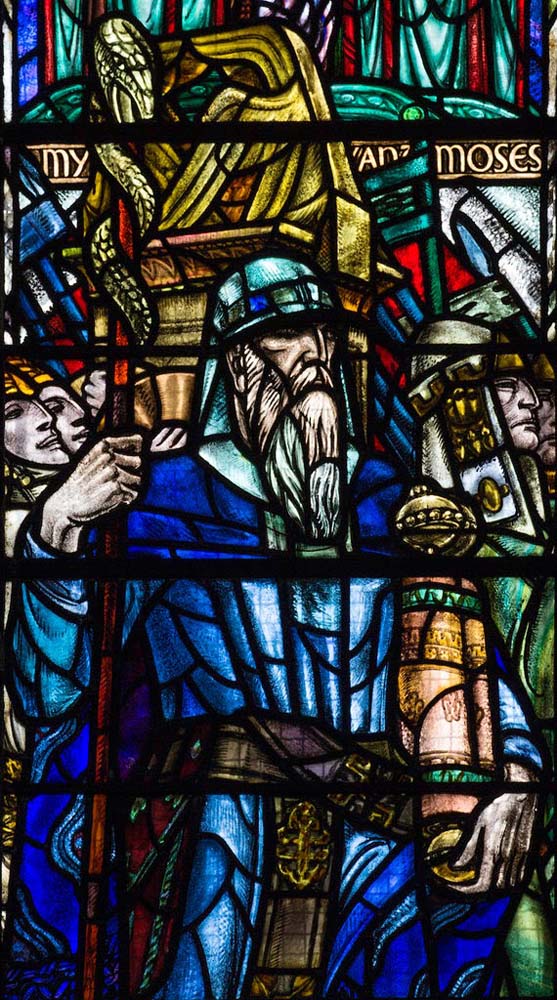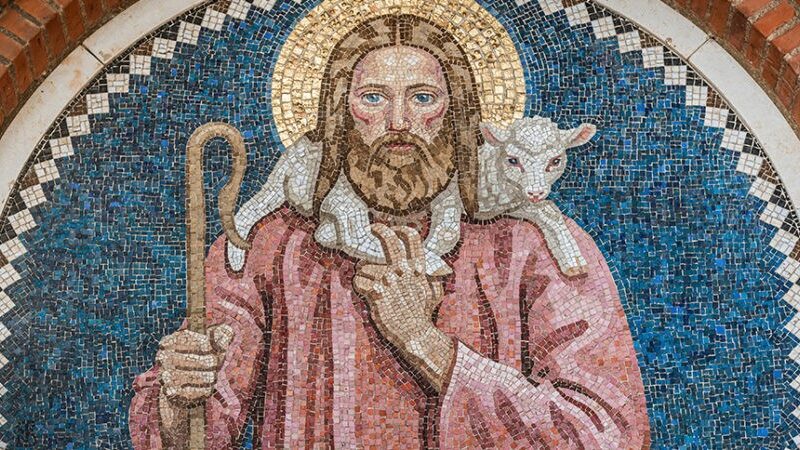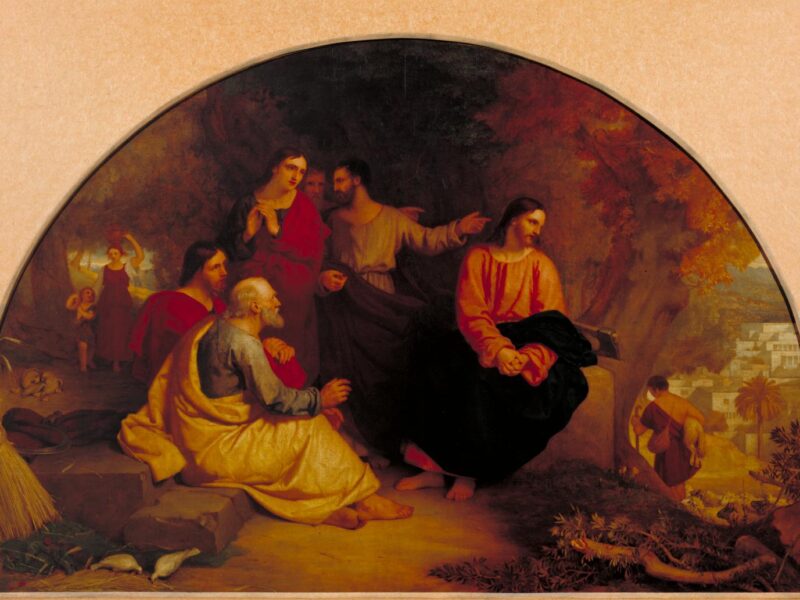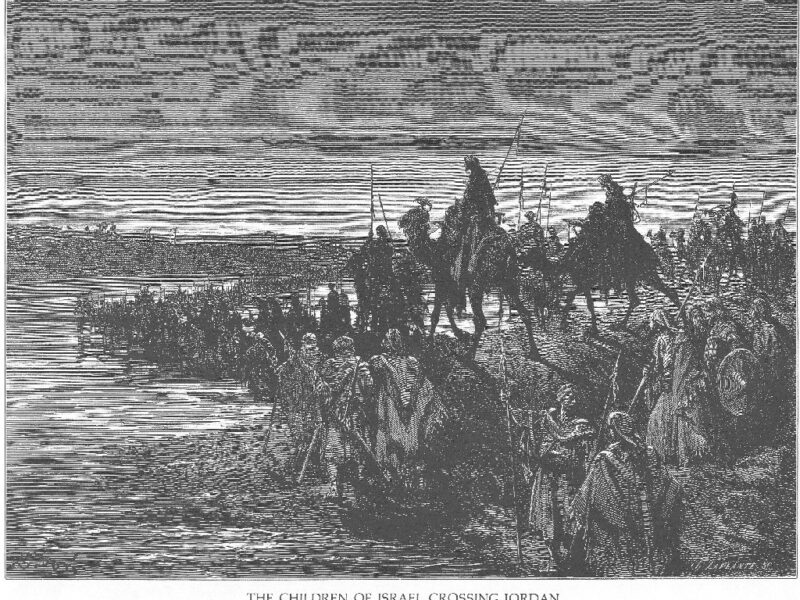
Third Sunday of Lent: The Woman of Samaria
 Yet this new northern Kingdom of Israel faced a problem: the temple in Jerusalem still dominated the religious life of the northern tribes, yet Jerusalem was the capital city of the house of David and the Kingdom of Judah. Jeroboam, the new King of the northern tribes, feared that if he allowed his people to continue to worship in the south then slowly his authority would be undermined, so he fashioned two golden calves and set them up at Dan and Bethel in the north, declaring to the people:
Yet this new northern Kingdom of Israel faced a problem: the temple in Jerusalem still dominated the religious life of the northern tribes, yet Jerusalem was the capital city of the house of David and the Kingdom of Judah. Jeroboam, the new King of the northern tribes, feared that if he allowed his people to continue to worship in the south then slowly his authority would be undermined, so he fashioned two golden calves and set them up at Dan and Bethel in the north, declaring to the people:  Yet Jesus replies that he will overcome these ancient divisions. He tells the woman: ‘The hour is coming when neither on this mountain nor in Jerusalem will you worship the Father. You worship what you do not know; we worship what we know, for salvation is from the Jews. But the hour is coming, and now is, when the true worshipers will worship the Father in spirit and truth, for such the Father seeks to worship him’ (John 4: 21-23).
Yet Jesus replies that he will overcome these ancient divisions. He tells the woman: ‘The hour is coming when neither on this mountain nor in Jerusalem will you worship the Father. You worship what you do not know; we worship what we know, for salvation is from the Jews. But the hour is coming, and now is, when the true worshipers will worship the Father in spirit and truth, for such the Father seeks to worship him’ (John 4: 21-23).
Some of the great figures in Israel’s history found their wives at wells, usually at a time when sheep, or cattle, or camels are being watered. The servant of Abraham, for example, met Rebekah whom he takes home to be the wife of Isaac at the well outside the city of Nahor (Genesis 24). Jacob meets his wife Rachel by at a well in the ‘land of the people of the East’ (Genesis 29). Moses too met his wife Zipporah at a well in Midian (Exodus 2: 14-22). Now Jesus himself is meeting a Woman at a well, but this time the union in question is the marriage between God and Humanity that Jesus himself brings about.


